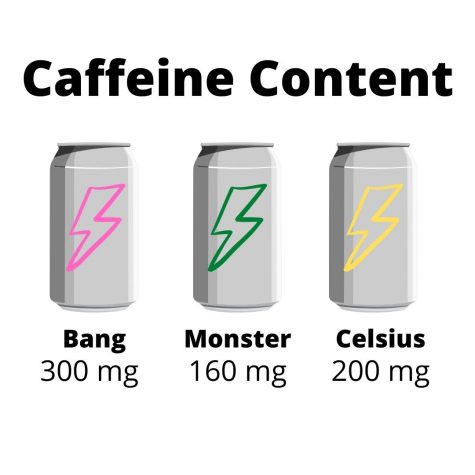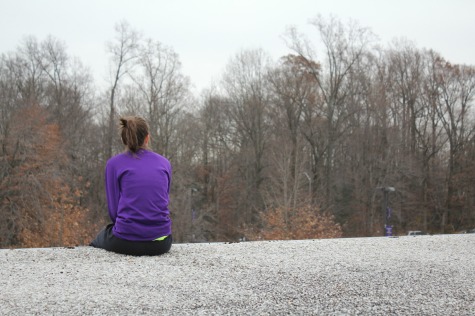Finding Mental Health Help
What students need to know about accessing help at school
Mental health is never an easy topic for anyone. It’s never easy to reach out and ask for help.
“Everybody is different and needs something different,” said Ian Brodie, high school counselor. He explained that one of the best things a student can do when facing non-emergency mental health concerns is to reach out to their school counselor, psychologist or social worker. In case of an emergency, though, which is when there is a risk of health or safety of a student, students should go immediately to any available school counselor, psychiatrist, or social worker.
Brodie also explained how students lacking “meaningful connection,” are the ones that tend to “struggle the most.” However, if the person you’re concerned about seems to be facing something that they can’t handle on their own, you should refer them to a counselor or someone else trained to help in a situation like that.
““A school counselor’s role is to support and promote all students’ academic, career, and social-emotional wellbeing. If a student may need more intensive counseling or therapy, we’ll provide referrals to parents for services outside of the school. School counselors are educators on an instructional contract like teachers, so we aren’t able to provide that service in school. We provide a bridge to get students from where they currently are to the help that they need.” Brodie said.
“My counselor wasn’t in, however another counselor came in and listened to me. One thing I didn’t notice was that the whole team of counselors cares about you and are willing to listen. There’s more than just your specific counselor able to help,” junior Jason O’Connor said.
“There’s never going to be a perfect time to get help,” junior Madeline Hyuott said. “Life is a heavy thing to hold all on your own so you might need people to help you out.”
“It’s important to find a healthy coping mechanism to let emotions out,” Hyuott said. She explained that, with the rise in mental health concerns being met with a lack of appropriate resources, there is a need for more education and open conversations about the symptoms of mental illness and how to ask for help, as well as how to manage and cope in the meantime.
There are ways that others can help peers facing mental illness. “One of the best things I think that friends and family can do is just be there for their loved ones,” Brodie said.
“There can be a temptation to want to say the exact right thing or want to give the best advice, but sometimes they just need to know you’re there.”







